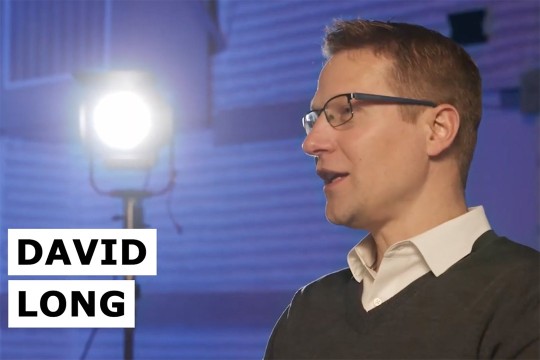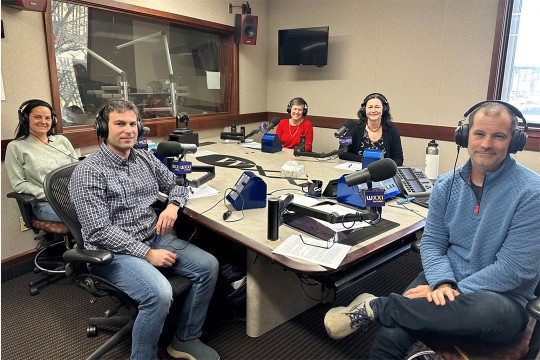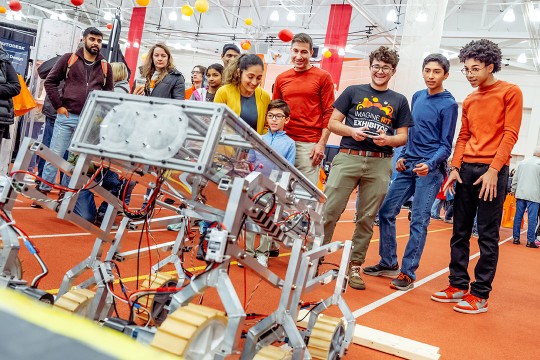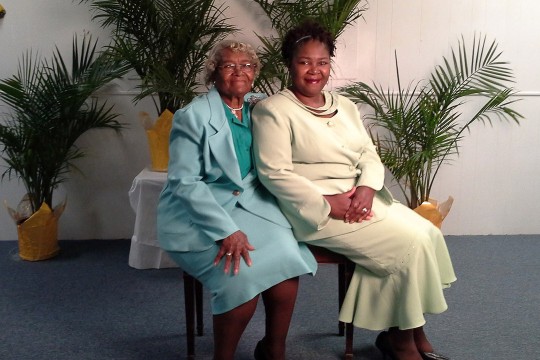RIT to Offer Public Policy Degree Program
Studying public policy in RIT’s College of Liberal Arts will prepare students for careers in government legislative offices, administrative agencies, nonprofit organizations, industry organizations or corporate public affairs offices. Unique to the program is its focus on how science and technology influence corporate and public decision making.
"RIT’s strengths in science and technology education provide a significant advantage for our public policy students," says Andrew Moore, dean, College of Liberal Arts. "Our public policy students will be studying on a campus where the frontiers of scientific and technological knowledge are being explored, and they will witness and experience many of the policy issues first hand."
Students will gain an interdisciplinary perspective by taking courses drawn from programs in other RIT colleges, courses such as environmental science, environmental management, packaging, information technology and business. Students in the program will specialize in either environmental policy or information and communication policy, and complete a 10-week cooperative education experience.
RIT’s public policy program will provide students with a rich educational experience, says M. Ann Howard, interim chair. "We have faculty from several liberal arts departments collaborating on the development of new public policy courses. In addition, we are identifying cooperative education opportunities in both private and public sector settings."
Foundation courses will introduce students to the concept of public policy and the policymaking process, the role of stakeholders and interest groups, and the dimensions of policy analysis. From that foundation students will develop a sophisticated understanding of political and social contexts, and investigate the roles played by science and technology in the policy process. Case studies will focus on environmental justice, equality of access to information technologies and social issues relevant to multiculturalism and diversity.
##
The College of Liberal Arts, one of seven colleges at RIT, provides the foundation for every RIT student. The College offers studies in anthropology/sociology, philosophy, fine arts, language and literature, history, science/technology/society, and political science and offers bachelor’s degrees in criminal justice, economics, social work, psychology, public policy, and professional and technical communication. The college also offers master’s degrees in school psychology and communications.
Internationally recognized as a leader in imaging, technology, fine and applied arts, and education of the deaf, RIT enrolls 13,000 full and part-time students in more than 230 career-oriented and professional programs. Many are unique and enjoy worldwide recognition. RIT’s cooperative education program is one of the oldest and largest in the nation.
For the past decade, U.S. News and World Report has ranked RIT as one of the nation’s leading comprehensive universities. RIT is also included in Yahoo Internet Life’s Top 100 Wired Universities, Fisk’s Guide to America’s Best Colleges, as well as Barron’s Best Buys in Education.














